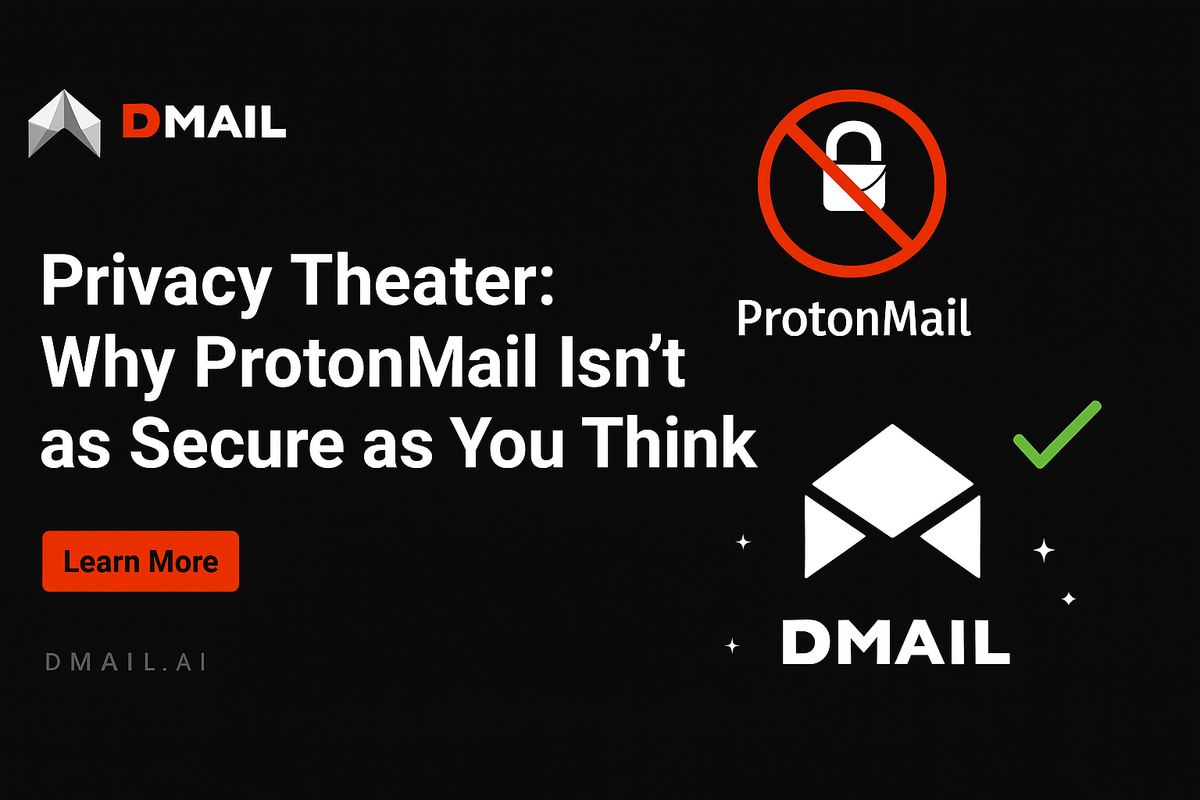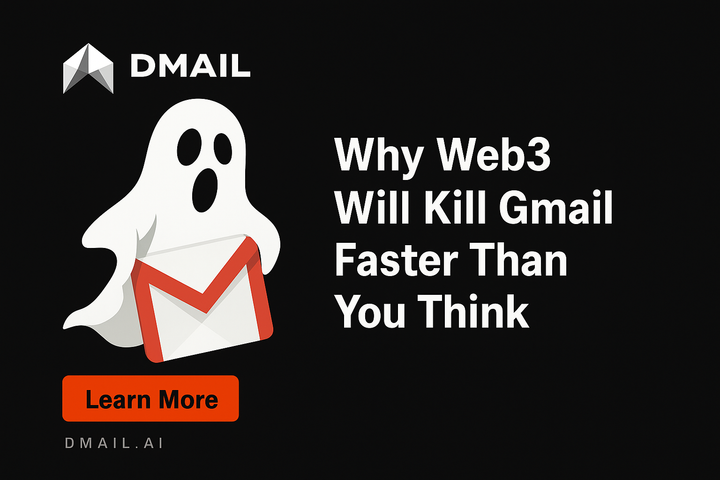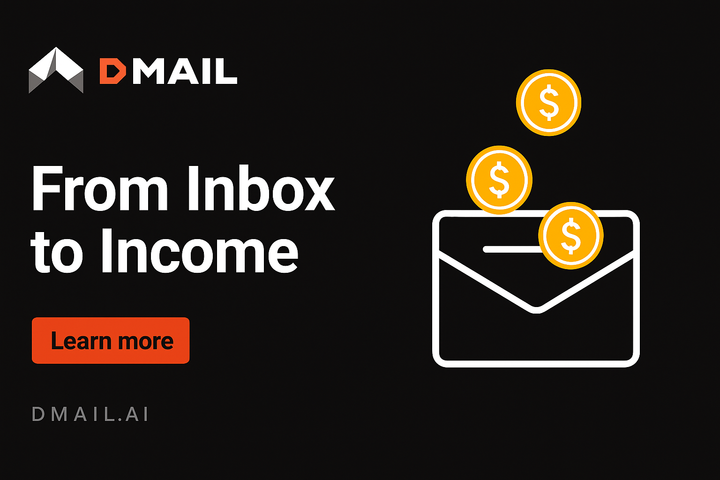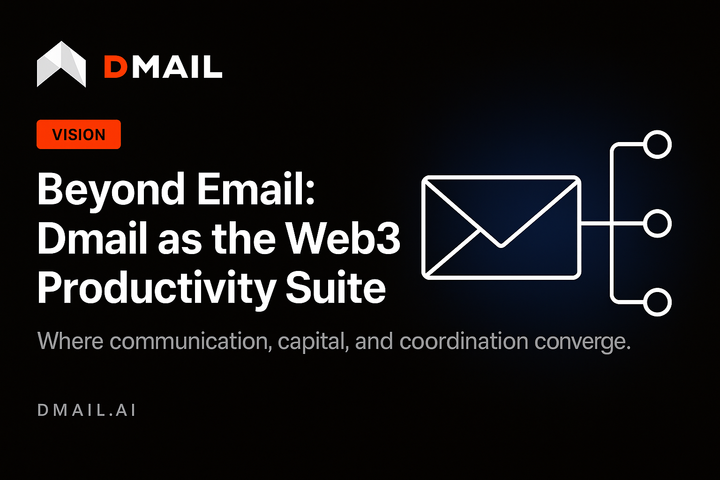Privacy Theater: Why ProtonMail Isn’t as Secure as You Think
ProtonMail isn’t the enemy. But it’s not the answer either. It’s a halfway house in a collapsing system. You wouldn’t keep valuables in a “mostly secure” vault. So why trust your digital identity to a “mostly private” inbox?

For years, ProtonMail has been the poster child of private email. Based in Switzerland, branded with strong encryption, and marketed as the antidote to Big Tech surveillance, it has built a loyal following. But dig deeper, and the cracks start to show. ProtonMail offers privacy — but not sovereignty. It’s not the revolution it claims to be. It’s just a slightly safer version of the same broken model.
The Myth of Total Privacy
ProtonMail is better than Gmail, no question. But the truth behind the marketing is uncomfortable:
- Subject lines aren’t encrypted. Anyone intercepting traffic still sees who wrote what to whom.
- Metadata remains exposed. Time stamps, sender addresses, and routing information are accessible — a goldmine for profiling.
- Swiss jurisdiction isn’t invincible. In 2021, ProtonMail admitted it had logged IP addresses and cooperated with a government investigation. So much for “we don’t track you.”
- Centralization still rules. Your emails live on ProtonMail servers. If those servers are pressured, hacked, or shut down, your privacy goes with them.
For a service built on the promise of security, these gaps aren’t minor. They’re deal-breakers.
The Illusion of Control
The biggest problem with ProtonMail is that it gives the illusion of total privacy while keeping users dependent. You don’t own your identity — Proton does. You don’t own your data — Proton stores it. And you don’t control your jurisdiction — the Swiss courts do.
It’s “better Gmail,” not a new paradigm. And that illusion is dangerous. Because it convinces users they’re safe, when in reality, they’re still exposed.
DMAIL: Privacy Without Compromise
DMAIL doesn’t play theater. It rewrites the script entirely:
- End-to-End Encryption for Everything
Not just content, but subject lines and metadata are encrypted. Attackers, ISPs, and governments can’t peek. - No Jurisdiction, No Central Server
Messages are distributed across decentralized infrastructure. There’s no headquarters to pressure, no server farm to subpoena. - Wallet-Based Identity
Your inbox is tied to your keys. Nobody — not Proton, not Google, not a government — can suspend, reset, or surveil your account. - Censorship Resistance
With on-chain storage and verifiable protocols, DMAIL ensures no one can tamper with, delete, or rewrite your history.
This isn’t about being “more private than Gmail.” It’s about creating a communications system that’s fundamentally unbreakable.
The Web2 Ceiling
ProtonMail can’t go further than it already has. It’s still tied to Web2 economics, central servers, and national laws. Even if it wanted to, it cannot escape its structure.
That’s why the migration to Web3 isn’t optional — it’s necessary. Privacy doesn’t live in a server room in Switzerland. It lives in code, on-chain, distributed, and owned by the user.
Stop Settling for Privacy Theater
ProtonMail isn’t the enemy. But it’s not the answer either. It’s a halfway house in a collapsing system. You wouldn’t keep valuables in a “mostly secure” vault. So why trust your digital identity to a “mostly private” inbox?
The age of illusions is over. Web3 has already changed how we store money, trade assets, and manage identity. Now, it’s changing how we communicate.
The inbox of the future is trustless, decentralized, and sovereign. ProtonMail can’t build it. Gmail won’t. DMAIL already has.

Connect with Dmail: Website | Twitter | Discord | Github | Telegram





Comments ()